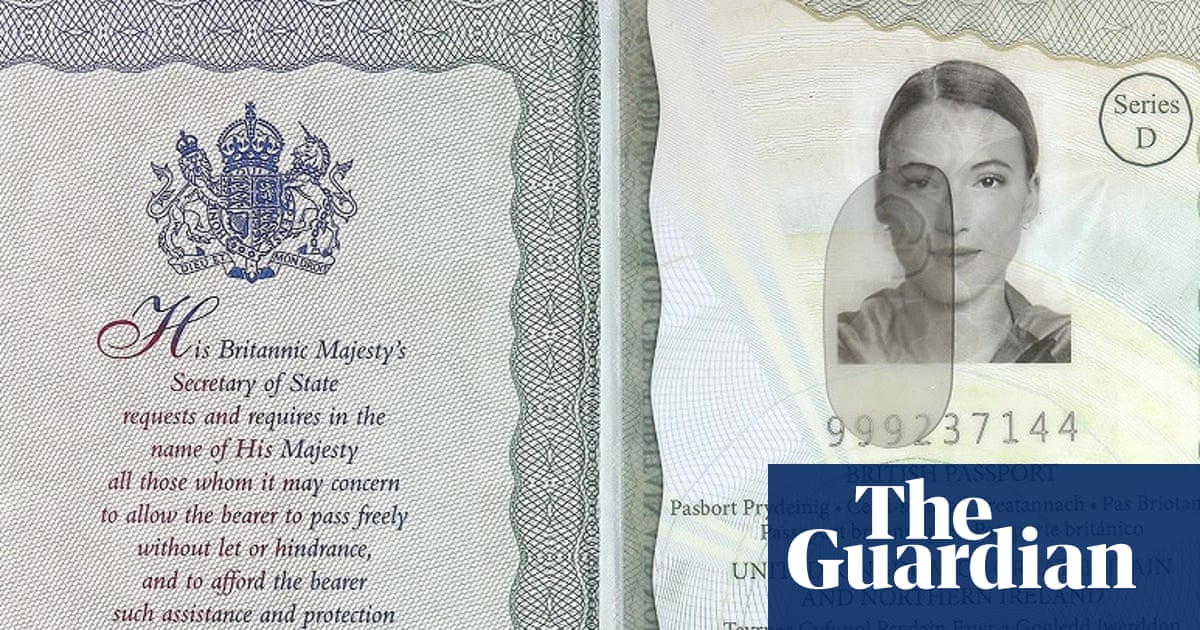The equalities watchdog has taken the unusual step of publicly urging ministers to “act with speed” in implementing guidance on how institutions should respond to the landmark supreme court ruling on transgender people’s rights.
The Equality and Human Rights Commission (EHRC) said it had written to Bridget Phillipson, the equalities minister, pointing out it had sent the guidance six weeks ago, warning that as things stand, there is no legally accurate advice available.
The intervention places renewed focus on a hugely contentious subject, with ministers aware that implementing the guidance will be logistically complex and anger some rights groups and a number of Labour MPs.
Phillipson, who is also education secretary, is standing to be Labour’s deputy leader, and there has been speculation she is wary of making a decision while the contest is taking place.
While the document has not been published, it is expected to closely reflect interim advice released by the watchdog in April, after that month’s supreme court ruling that the legal definition of a woman is based just on biological sex
Some Labour MPs have joined transgender groups in expressing alarm at the interim advice, which said the ruling meant transgender people should not be allowed to use toilets of the gender they live as, and that in some cases they could not use toilets of their birth sex.
This would, they warned, in effect exclude transgender people from much of the public realm. The Council of Europe’s commissioner for human rights has subsequently written to UK MPs warning against the possible “widespread exclusion of trans people from many public spaces”.
But in a statement on Wednesday, the EHCR said ministers needed to act to make sure organisations had “accurate and up-to-date statutory guidance” on the Equality Act, given that the existing guidance did not take account of the supreme court ruling, or other legal developments.
To become statutory, the guidance must be approved by Phillipson and then laid before parliament for 40 days.
Kishwer Falkner, the EHRC’s outgoing chair, said the watchdog had been told that some organisations were continuing to abide by the previous guidance, “therefore allowing practices inconsistent with the law to persist”.
She said: “Our updated code of practice accurately reflects the law and is informed by the two public consultations we ran to ensure it is as clear as possible.
“The updated code ought to be brought into force as soon as possible. How quickly this happens is now in the government’s hands. We urge them to act at speed.”

 2 months ago
53
2 months ago
53

















































